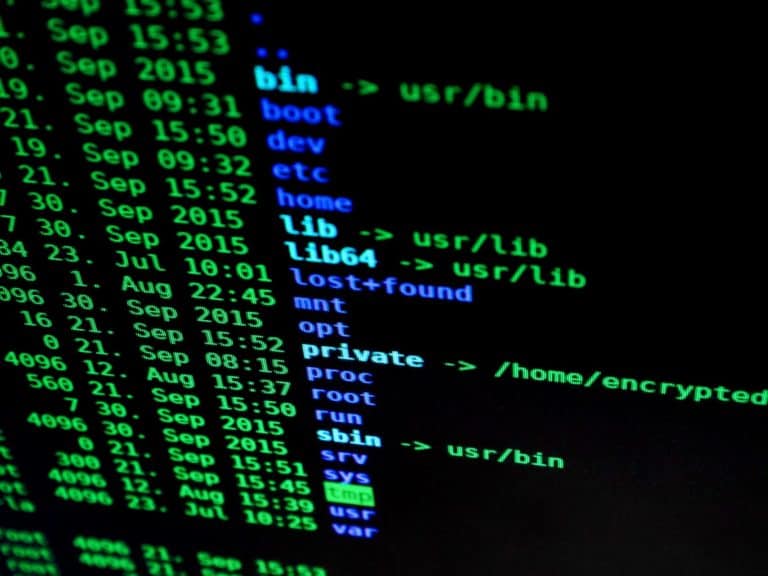European SMEs are increasingly facing ransomware attacks from hackers. Compared to 2017, the number of hack attacks in 2018 increased by fifty percent. European SMEs suffer more from ransomware attacks than companies worldwide.
That’s what Datto reports in his State of the Channel Ransomware Report 2018. It states that European managed service providers (MSPs) reported a higher percentage of ransomware attacks on their customers than anywhere else in the world. Ransomware remains the biggest threat to businesses.
Sharp increase
Over the period from the second quarter of 2016 to the second quarter of 2018, 84 percent of European MSPs reported that their customers had been victims of ransomware attacks. Worldwide, it appears that only one in four ransomware attacks is known to the relevant authorities. There has been even less reporting in Europe: only 16% of cases.
In 2018, there was also a very high percentage of MSPs that reported that customers had to deal with multiple attacks in one day: 42 percent. This is an increase of 22 percent compared to 2017 and significantly higher than the global average of 35 percent.
High costs
Hackers cleverly set out their requirements for buying off downtime: they keep the ransom amounts relatively low. In fact, the cost of downtime for a company is more than twelve times higher than the cost of the ransom demanded. The amount of ransom demanded and the total cost of downtime as a result of ransomware attacks were both lower in 2018 than in the previous year.
MSPs reported that an average of approximately €2,293 is required from SMEs as ransom money, while the cost of downtime related to a ransomware attack amounts to €29,294 on average. This is higher than the global average, where the cost of downtime is ten times higher than the average ransom demanded.
Finally, nearly 86 percent of MSPs in 2018 said they were very concerned about the number of ransomware attacks. Interestingly enough, only 24 percent of their SME customers say the same thing.
This news article was automatically translated from Dutch to give Techzine.eu a head start. All news articles after September 1, 2019 are written in native English and NOT translated. All our background stories are written in native English as well. For more information read our launch article.